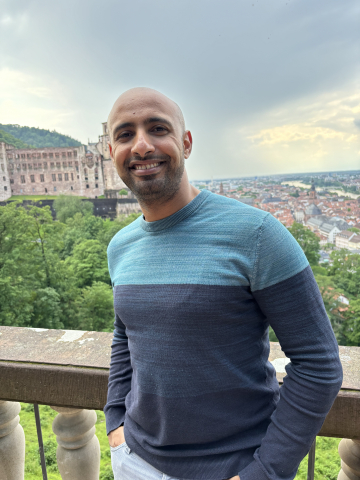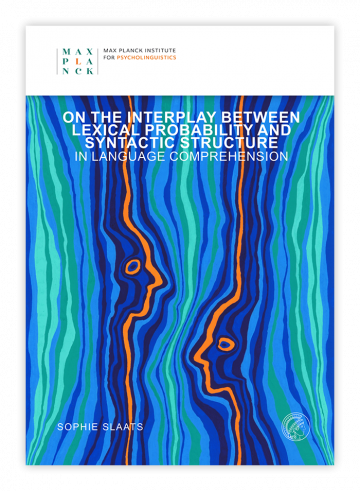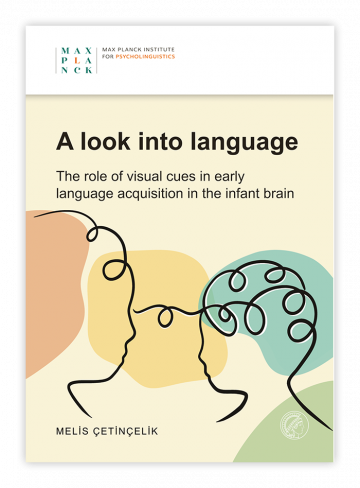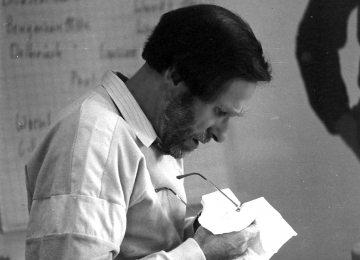-

-

-

-
 29 August 2024
29 August 2024Sophie Slaats defends thesis 16 September
On 16 September at 10:30 am, Sophie Slaats will defend her thesis 'On the interplay between lexical probability and syntactic structure in language comprehension' in the Aula of the Radboud University...
-
 27 August 2024
27 August 2024Melis Çetinçelik defends thesis 12 September
On 12 September at 12:30 am, Melis Çetinçelik will defend her thesis 'A Look into Language: The Role of Visual Cues in Early Language Acquisition in the Infant Brain' in the Aula of the Radboud...
-
26 August 2024
Sevilay Sengul Defended Her Master's Thesis
On Monday 26 August, Sevilay Sengul successfully defended her master's thesis.
-
 12 August 2024
12 August 2024Obituary Manfred Bierwisch
Manfred Bierwisch, distinguished linguist and long-standing External Scientific Member of our MPI, has sadly passed away 31st July at the age of 94. Manfred was our first ‘auswaertiges Mitglied’...
-
 01 August 2024
01 August 2024Words like ‘this’ and ‘that’ act as attention tools across languages
Words like ‘this’ and ‘that’ or ‘here’ and ‘there’ occur in all languages. In a study published in PNAS, researchers from Yale University and the Max Planck Institute of Psycholinguistics (MPI) in...
-
 25 July 2024
25 July 2024Cas Coopmans awarded a NWO Rubicon grant
Cas Coopmans, postdoctoral researcher in Andrea Martin’s research group Language and Computation in Neural Systems, has been awarded a Rubicon grant from NWO. With this grant, he will join the Ernst...
-
 24 July 2024
24 July 2024MLD presented at CogSci 2024
This year, the members of the MLD department showcase exciting research breakthroughs at the poster session at the 46th Annual Meeting of the Cognitive Science Society (CogSci), held in Rotterdam, The...
Share this page